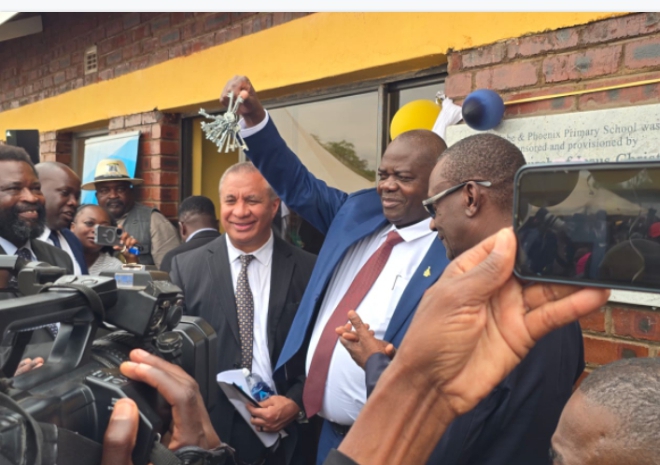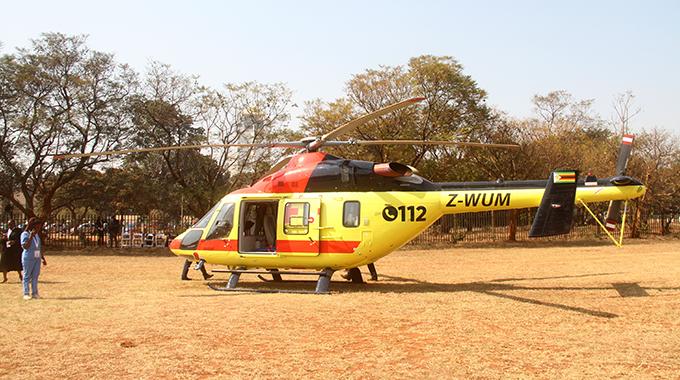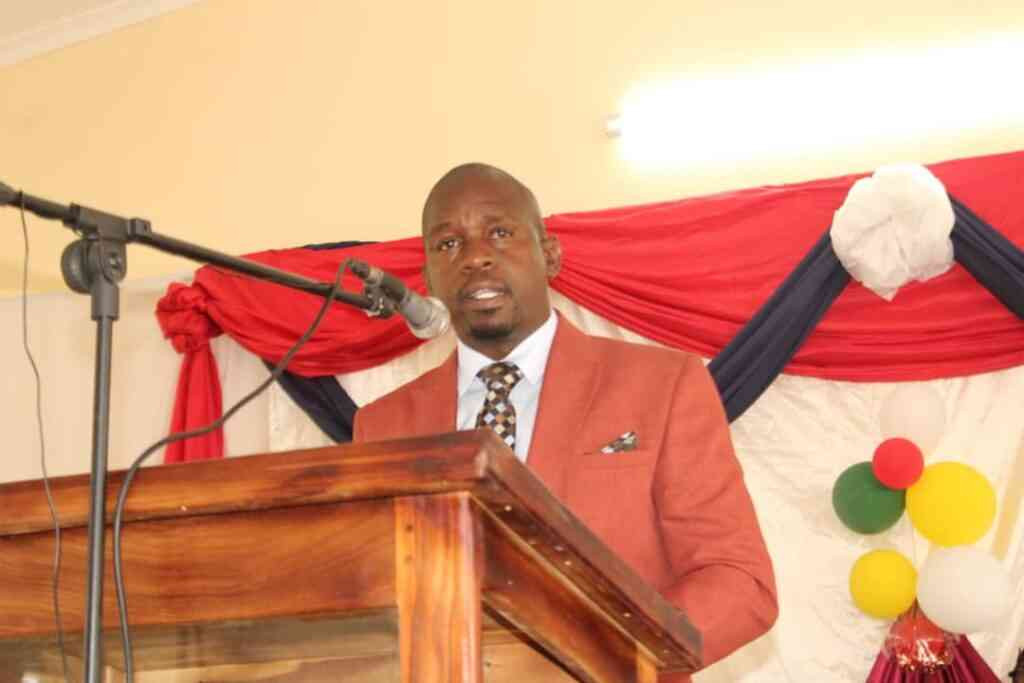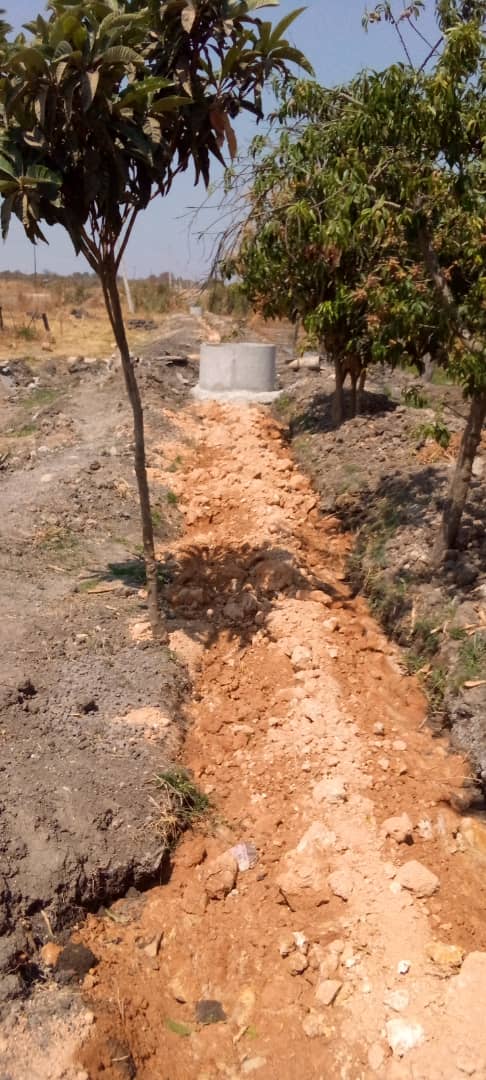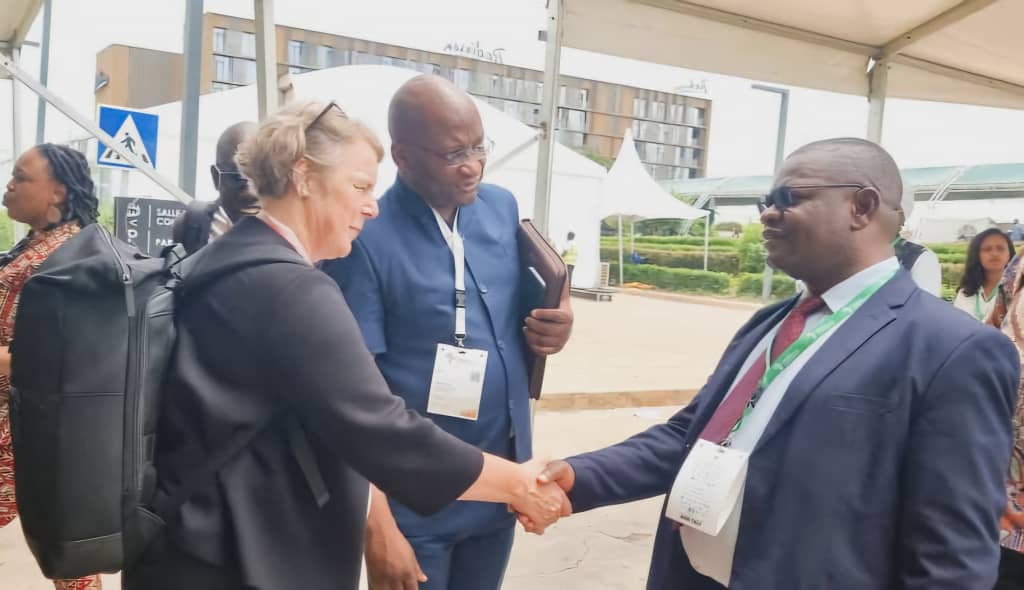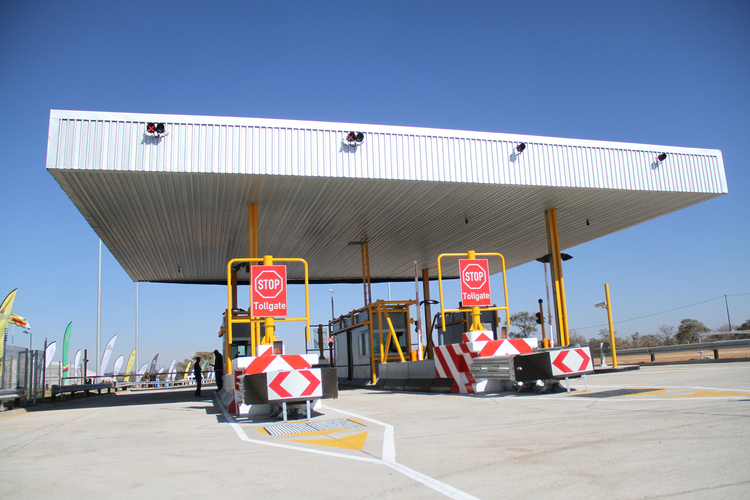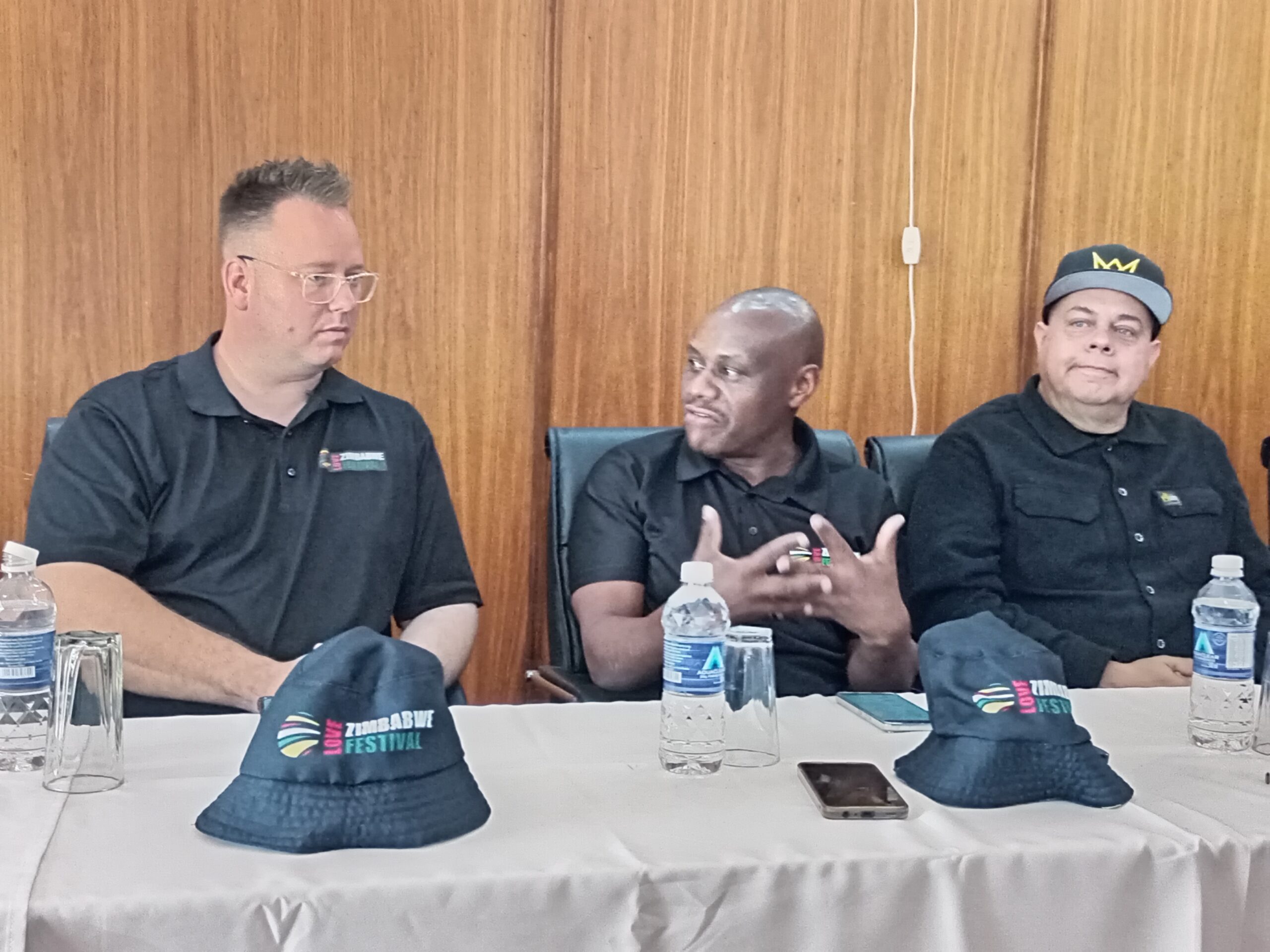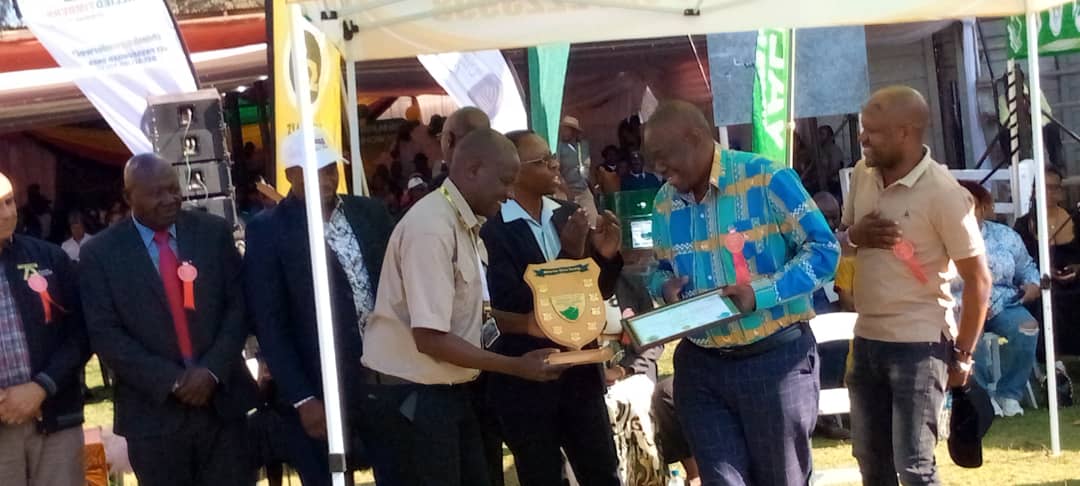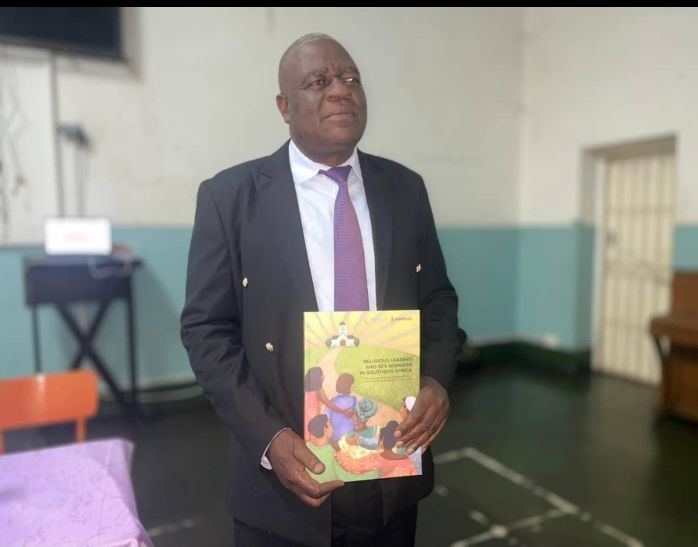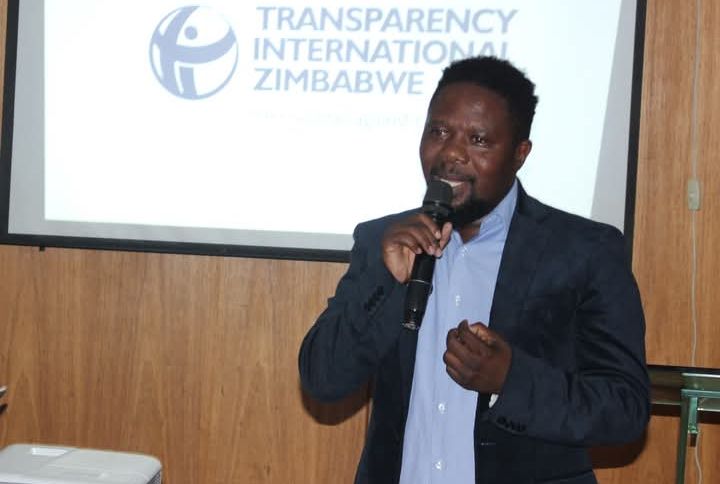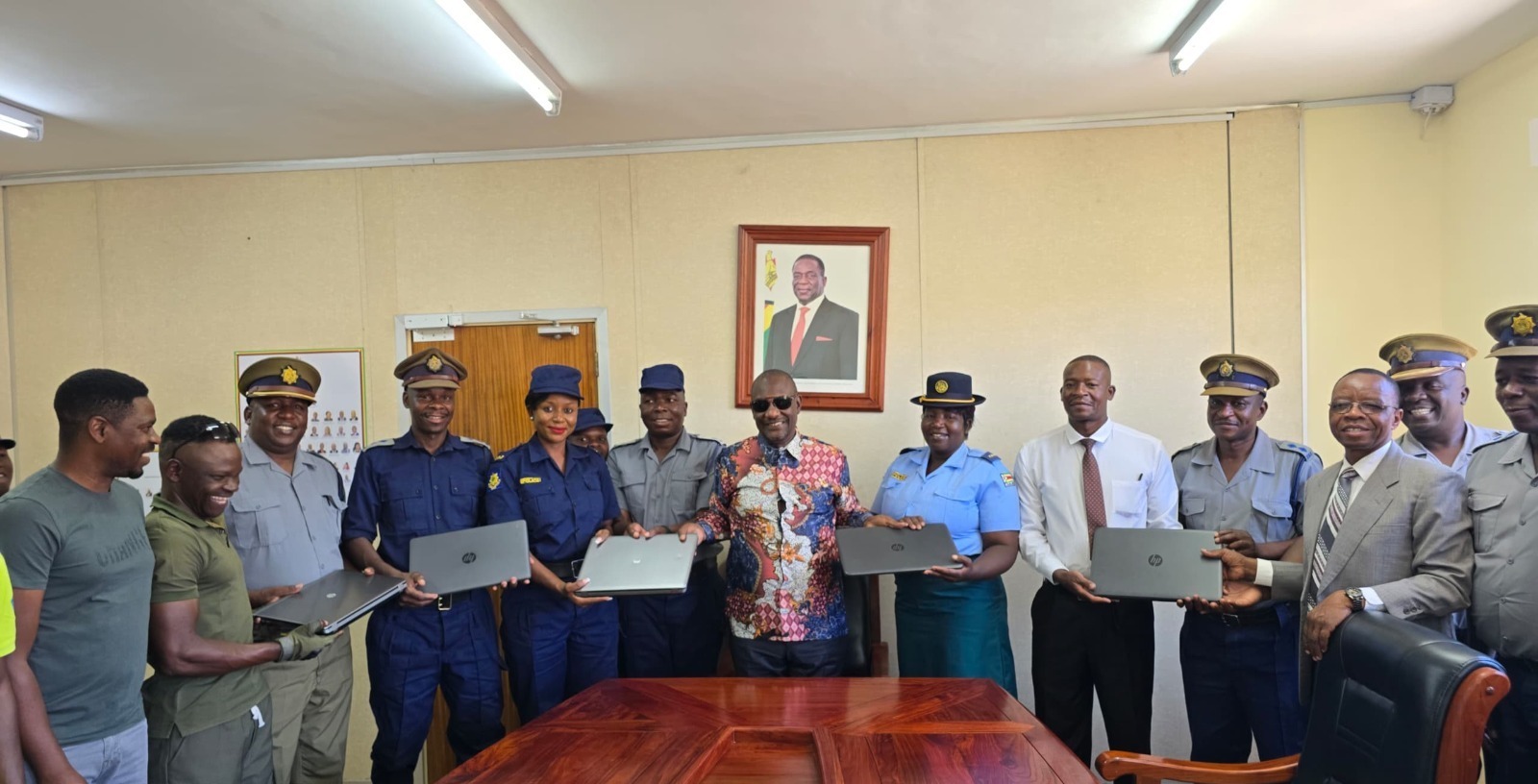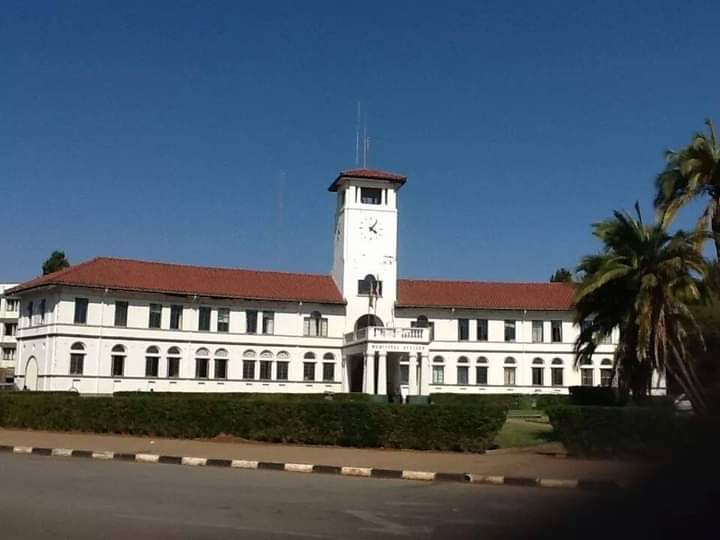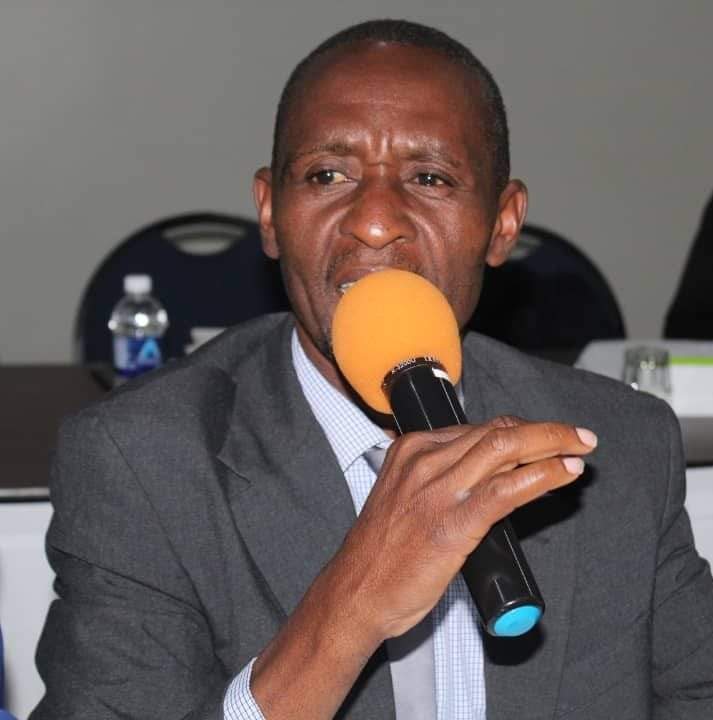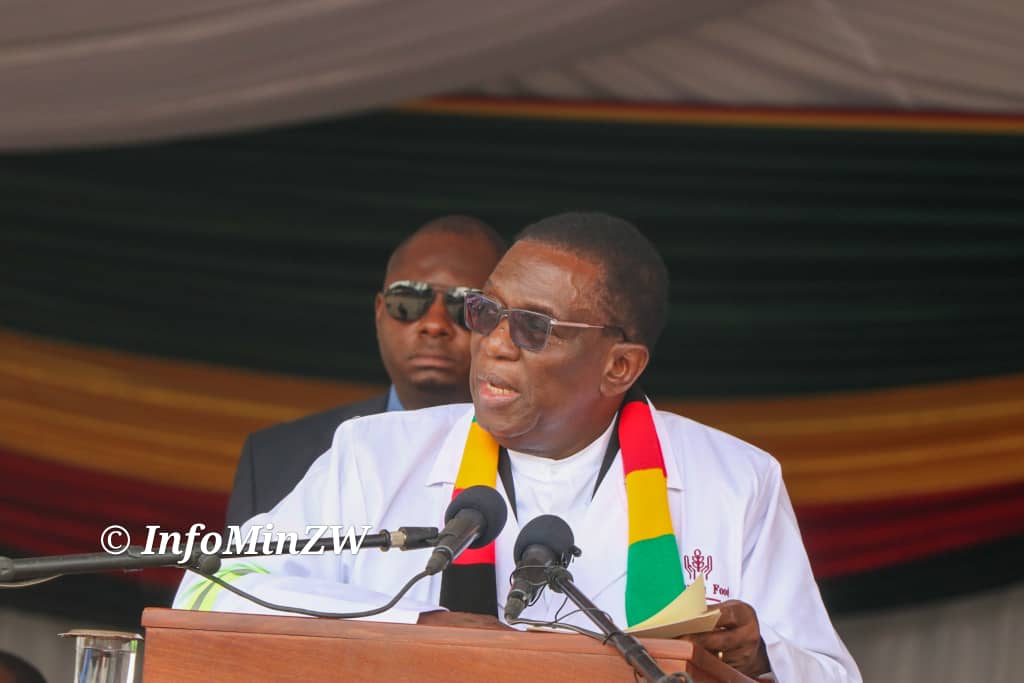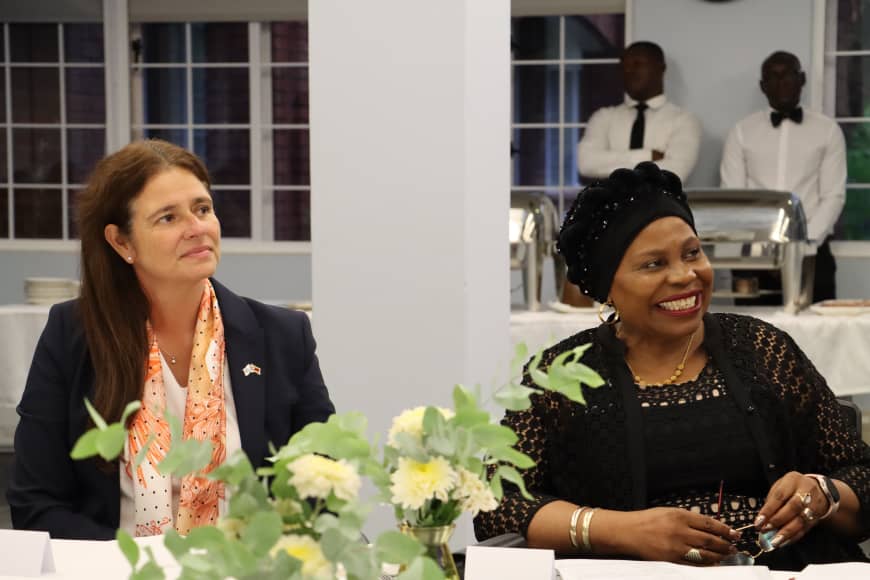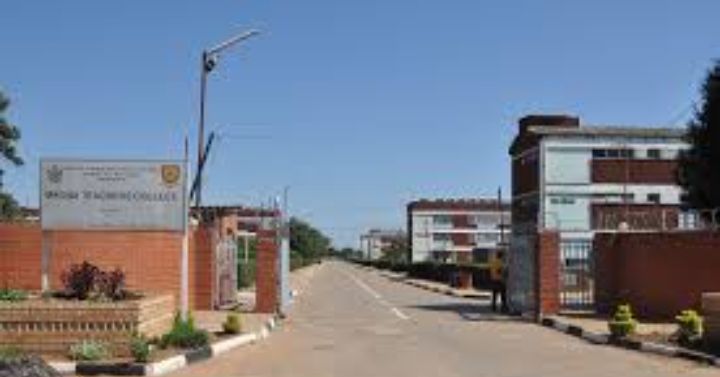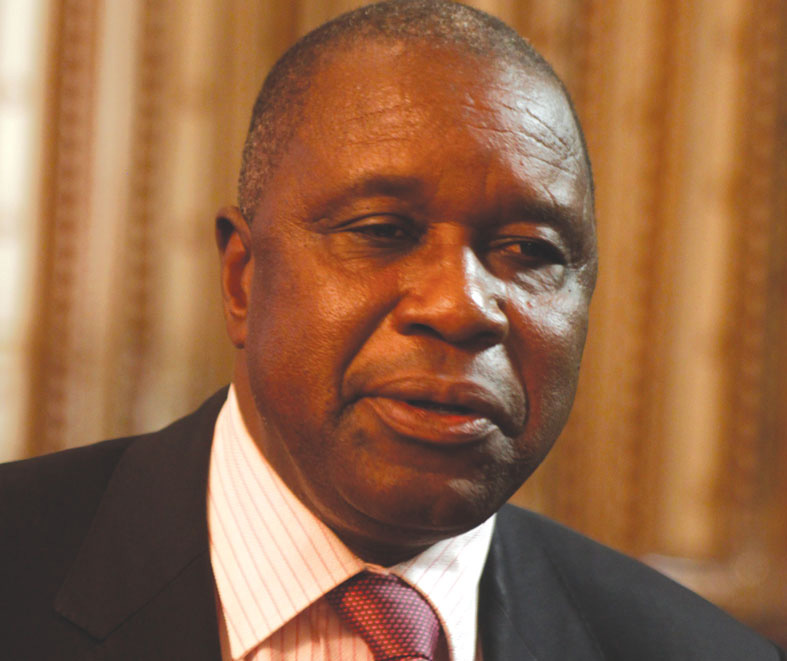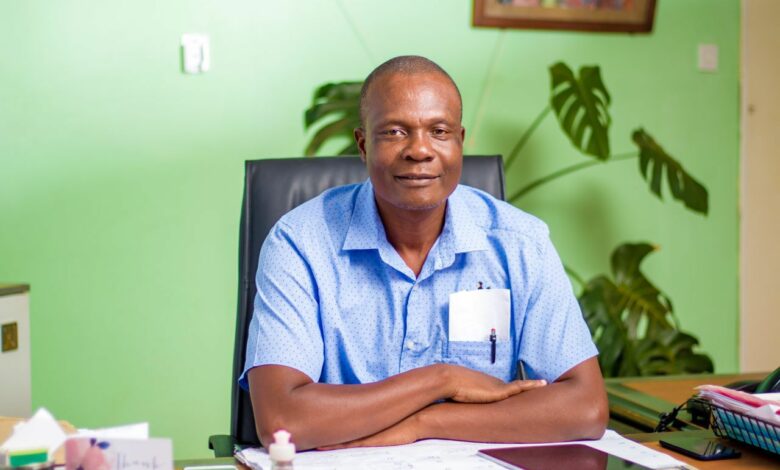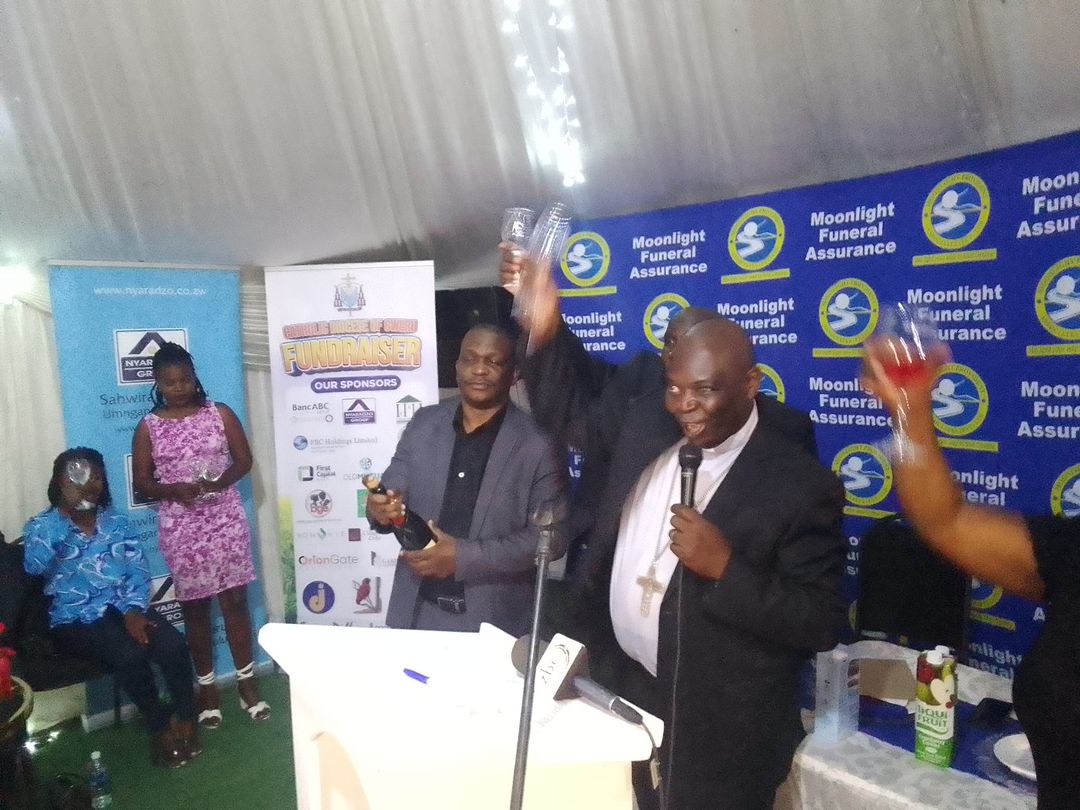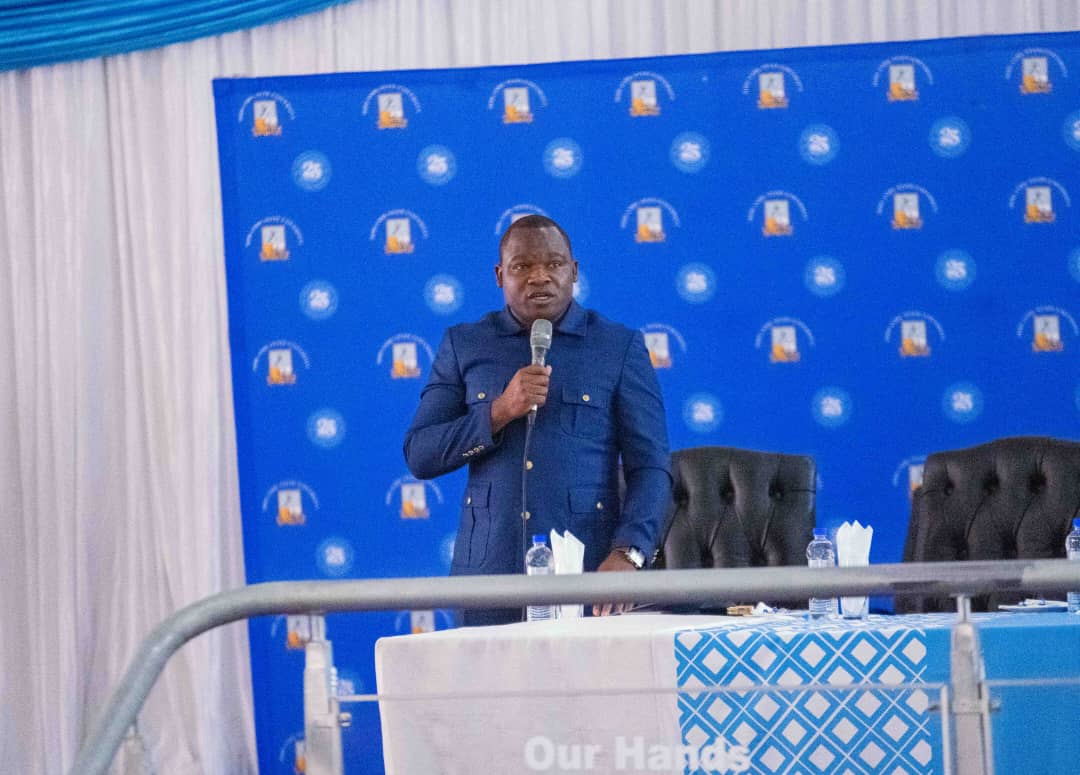
By Martin Mawaya
Calls are growing for Zimbabwe’s universities to move beyond theoretical teaching and start developing research that directly responds to the needs of the productive sector, amid warnings that weak academia–industry linkages are draining the economy of billions in lost opportunities.
Speaking at the Midlands State University (MSU) Research, Innovation and Industrial Expo in Gweru last week, prominent businessman and entrepreneur Dr Tinashe Manzungu said universities must position themselves as strategic partners in national development rather than operating in isolation from industry.
“What we see displayed here today is not merely a collection of projects,” he said.
“It is tangible proof of this university’s vibrant potential.
“Traditionally, academia and industry have operated in silos, with universities focusing on theory while industries chase profits.
“The result is that local research gathers dust on library shelves while companies import solutions from abroad.”
Dr Manzungu warned that the disconnect between research institutions and industry had cost the nation billions through lost opportunities, underutilized talent, and dependence on foreign technologies.
“If we are serious about economic transformation, job creation, and industrialisation,” Dr Manzungu added.
“We must bridge this gap and forge a dynamic, mutually beneficial partnership between academia and industry.”
The MSU Expo, themed “Linking Academia and Industry to Forge a Path of Sustainable Growth,” brought together policymakers, business leaders, researchers and innovators to explore how research can be turned into practical industrial solutions.
Dr Manzungu said the persistent skills mismatch between graduates and industry needs remained a major obstacle to productivity, with many graduates leaving universities equipped with theoretical knowledge but lacking hands-on experience.
He urged industries to start tapping into local research instead of importing technologies that drain foreign currency.
“Industries failing to tap into local research often end up importing costly technologies or relying on outdated systems, increasing production costs and weakening competitiveness, particularly in key sectors such as agriculture, mining, ICT, and manufacturing,” he said.
Citing global examples, Dr Manzungu said nations that had successfully integrated academia and industry had developed thriving innovation ecosystems and competitive economies.
“A healthy innovation system requires a steady flow of ideas, talent, and resources between universities, industries, and government. Without this synergy, we end up with fragmented innovation and minimal national impact,” he said.
He further challenged universities to adopt a proactive role in national economic transformation.
“To our faculty and researchers, I encourage you to look beyond the campus walls and identify real problems where your expertise can make a difference. And to our students, your energy and digital-native skills are the most valuable currency in this new ecosystem,” he said.
The construction business mogul said under the Second Republic’s Education 5.0 philosophy, higher learning institutions were expected to go beyond teaching and research to embrace innovation, industrialisation and community engagement.
“Education 5.0 compels universities to produce not just graduates, but problem-solvers, entrepreneurs, and creators of wealth,” he said, adding that research must align with national priorities such as agriculture, energy, health, mining, and manufacturing.
He said bridging the academia–industry gap was key for Zimbabwe to achieve Vision 2030, the goal of becoming an upper-middle-income economy through innovation and collaboration.
“If we are serious about economic transformation, job creation, and industrialisation, we must bridge this gap and forge a dynamic, mutually beneficial partnership between academia and industry,” he reiterated.


